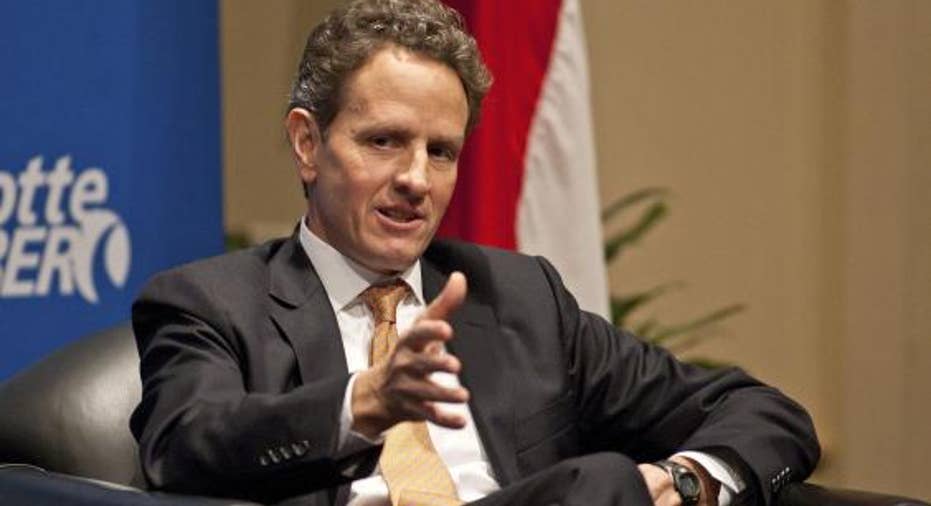Is Geithner Really Going to Conduct Financial Crisis Seminars?

Former Treasury Secretary, Timothy Geithner plans to hit the university circuit in the coming months, conducting a series of seminars on financial crises. In other words, Geithner is the "man" when it comes to teaching your kids about what the nation should do in response to financial crises.
I, for one, say no.
Look, four years after Lehman Brothers went out of business and the economy pitched into the darkest recession since the great depression, the economy is still punk. Unemployment is unacceptably high. Banks may be reporting record profits and lucrative bonuses, but on so much of Main Street, the real recovery is yet to start.
I believe it was the medicine applied to the patient by doctor Geithner that is responsible for this. The administration claims that bailing out banks under a $800 billion TARP program was the best solution to what otherwise would have been a collapse of the banking sector. But, that can't be the only yardstick measuring the success of TARP.
What we did as a nation was give away far too much in bailout money and support to the banks and automakers. In fact, we are still doing it. A Wall Street strategist will tell you privately that the market's rally is based on the Federal Reserve's easy money policy, a strategy that Geithner is fully behind.
When it comes to TARP, the former Treasury Secretary is fond of saying the government made money on that.
Again, no.
Banks and financial institutions still owe $118.5 billion in TARP funds. That includes the government's ongoing stakes in companies like Ally Financial, AIG, General Motors, as well as the $4.2 billion the Treasury had written off and then realized losses of $9.8 billion "that taxpayers will never get back."
If this is success, what would failure look like?
I could tell you the stories about Geithner's failure to pay $30,000 in taxes and not long after, he was in charge of the IRS. But, I don't want to go there. As a regulator, he believed, like his mentors, Bob Rubin and Larry Summers, that "failure containment" was what needed to be done. Regulators come in after the crisis and clean up.
That means the problems never get solved. Our nation's largest banks are still too big to fail and nothing in Dodd-Frank prevents the government from bailing them out all over again.
Only one thing is for certain. The next bubble bursting will be bigger and more threatening, and next time, it will be a real crapshoot whether the government even has the resources to clean up the mess.



















